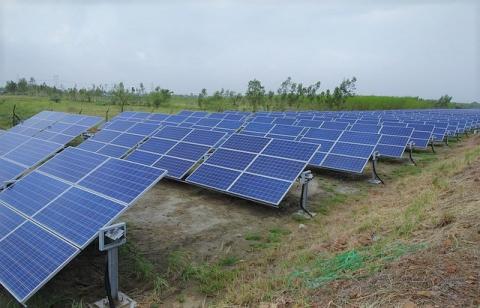The Leyte provincial government in the Philippines has plans to invest about PHP70 million to install a solar power system at the new provincial capital complex before the end of this year.
Commenting on this, Leyte Governor Carlos Jericho Petilla said, “The local government will soon use alternative, sustainable, and environment-friendly energy instead of sourcing from fossil fuels. The project will be bid out soon. Once awarded, this will be up and running within three months. The payback period is seven years and it will last for 25 years.”
It is reported that solar panels will be installed on both sides of the provincial government complex designated as parking spaces. It is expected to produce 36,000 kilowatts of power, which will fulfill the requirement of the capital building. It is reported that the local government has been paying at least PHP1 million for its monthly electricity bill.
With this, the province hopes to inspire other local government buildings, businesses, and households to also install their solar power energy system.
“We want to see Leyte 20 percent independent from fossil fuel plants. We want each house to have their own solar power system and independent from the rest,” he added.
Petilla was the country’s energy secretary from 2012 to 2015. He informed that setting up a solar power system will only cost PHP8 per kilowatt hour (kWh), lower than the PHP14 per KWh charged by electric cooperatives.
“In the past, it was more expensive to have your own solar power system at PHP25 per KWh compared to the electric cooperative’s PHP9 per KWh,” said Petilla.
The high cost of electricity is largely influenced by the rising cost of running a power plant fed by fossil fuels, he noted.
It is reported that GNPower Dinginin Ltd. Co. based in Mariveles, Bataan is the main power supplier for most electric cooperatives in Leyte province and the power source uses coal fuel from abroad. However,it must be noted that Philippines is also moving ahead with various partnerships to develop renewable energy sources in the country and reduce its dependency on coal based power.

